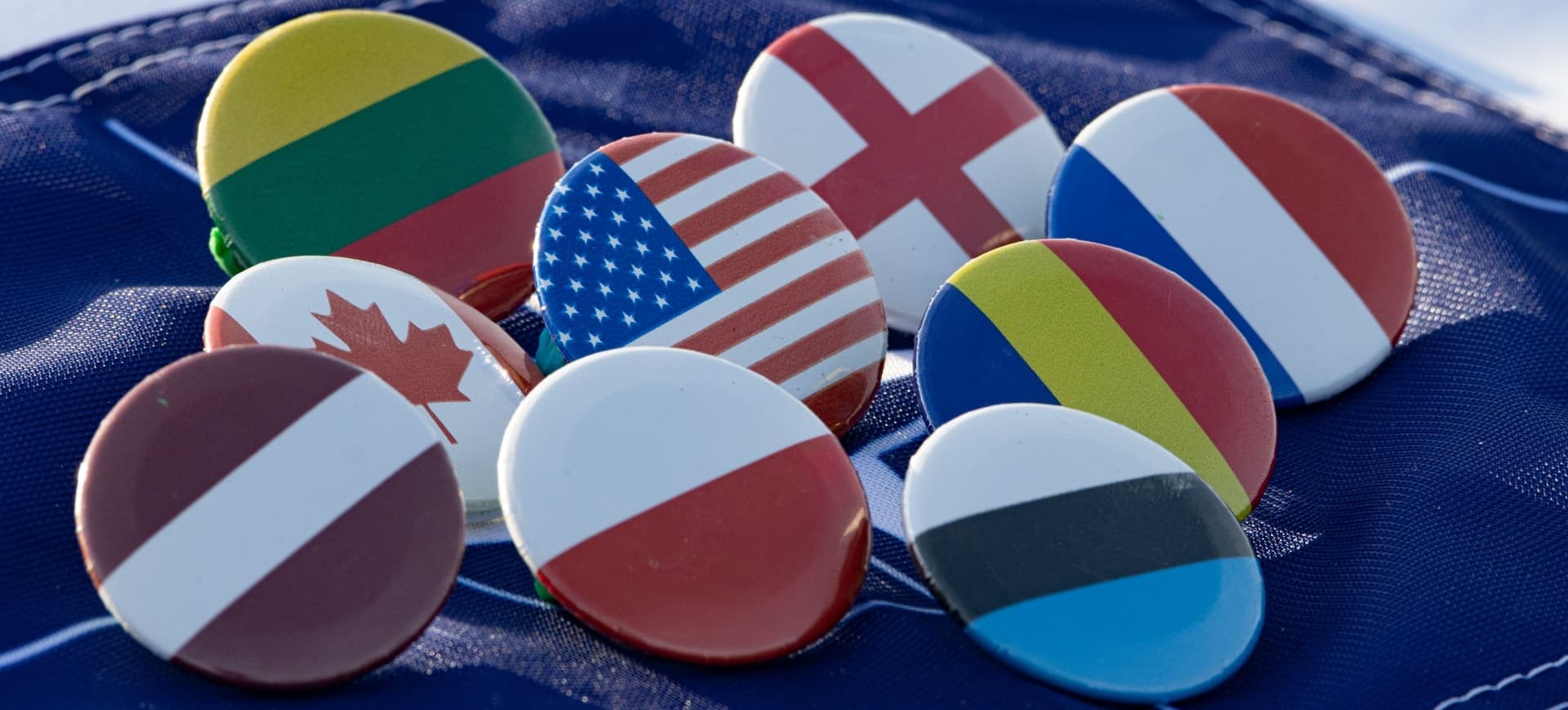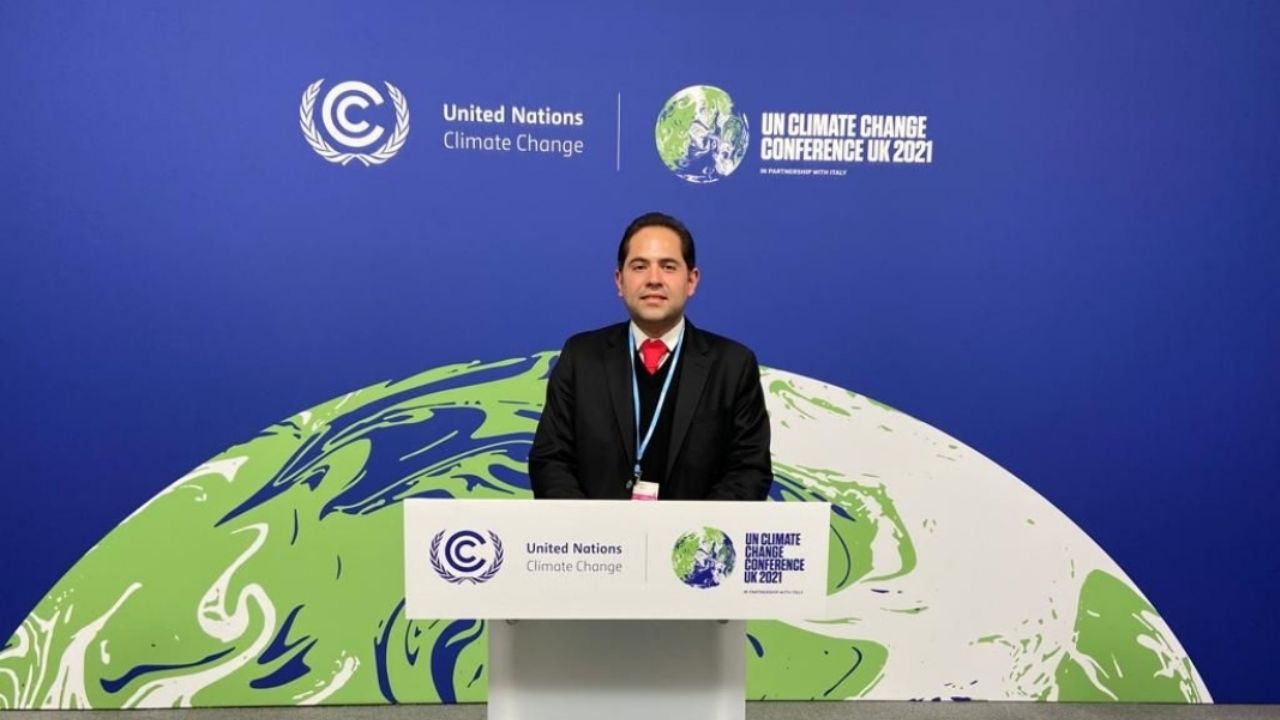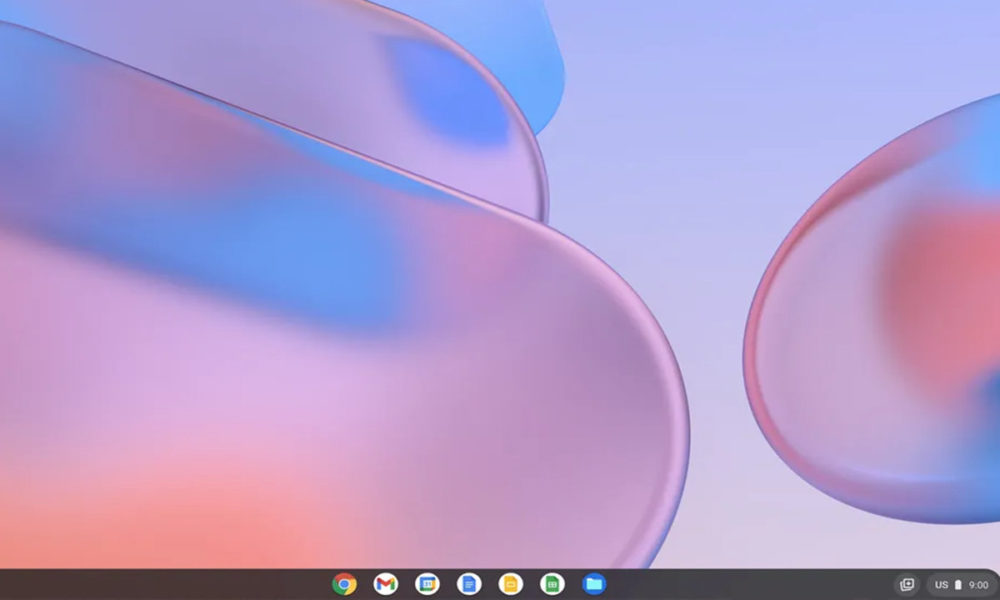
The United States and more than 50 other countries have signed a declaration of a pact to keep the internet freely accessible and open.
The pact was designed to counter a tendency for countries to put policies in place to block the internet in whole or in part, according to the axios.
In the Declaration for the Future of the Internet, signatories commit to keeping the Internet “open, free, global, interoperable, reliable and secure” and functioning as “a single, decentralized network of networks”.
The three-page document encourages participation and a range of global organizations, including ICANN, the UN, the G7 and others. Several broad objectives related to protecting human rights, promoting competition, ensuring sustainability and avoiding using the network as a tool for government surveillance are enumerated.
The pact grew out of an effort by President Biden’s administration, originally named the Alliance for the Future of the Internet. The project evolved with changes in a original document which was published by Politico. The draft was a call for more specific cooperation on internet regulation and cybersecurity standards, among other goals.
Signatory countries include Andorra, Argentina, Australia, Austria, Belgium, Bulgaria, Cape Verde, Canada, Colombia, Costa Rica, Croatia, Cyprus, Czech Republic, Denmark, Dominican Republic, Estonia, Finland, France, Georgia, Germany, Greece, Hungary, Iceland, Ireland, Israel, Italy, Jamaica, Japan, Kenya, Kosovo, Latvia, Lithuania, Luxembourg, Maldives, Malta, Marshall Islands, Micronesia, Montenegro, Netherlands, New Zealand, Niger, North Macedonia, Peru, Poland, Portugal, Romania, Senegal, Serbia, Slovakia, Slovenia, Spain, Sweden, Taiwan, Trinidad and Tobago, United Kingdom, Ukraine and Uruguay, in addition to the European Commission.
Brazil has not yet signed the declaration
Brazil is not yet a signatory to the pact. However, Biden administration officials say the declaration remains open for signatures and hope that more countries will sign. Russia, China, India and North Korea also did not sign.
The statement comes amid fears that the global internet could be fragmented into several smaller internet networks, dubbed splinternets. Another fear is the increase in the number of countries that impose total or partial blocking of internet access. Internet freedom has been declining for 11 years, according to Freedom House.
The statement addresses issues related to online attacks such as ransomware and international interference in elections, but the pact is not as broad and definitive as the Geneva Convention was for war.
Some of the goals around human rights and competition may be easy to achieve, but the practices of some signatories can be challenging.
“To protect human rights online, especially freedom of expression, it is now necessary to invest in broadband connectivity and digital skills, while avoiding online surveillance, violence and discrimination and attacks,” said Karen Kornbluh, director of Innovation and Digital Democracy Initiative from the German Marshall Fund to Axios.



